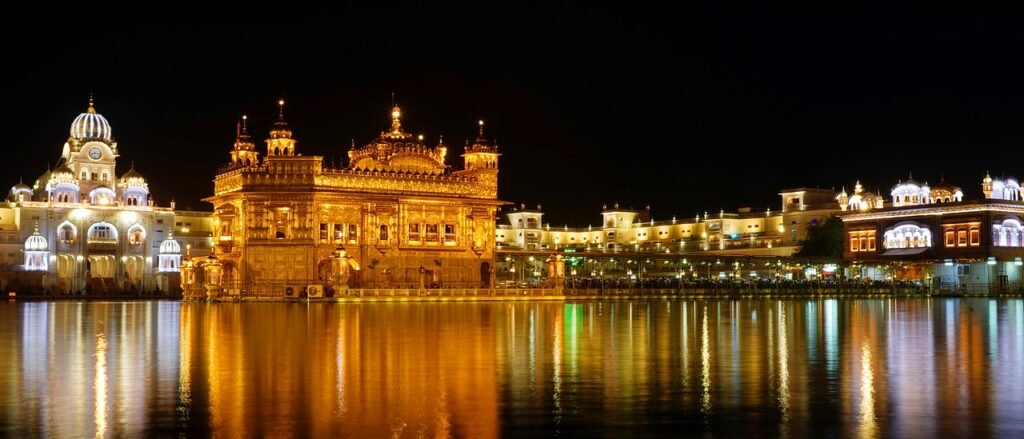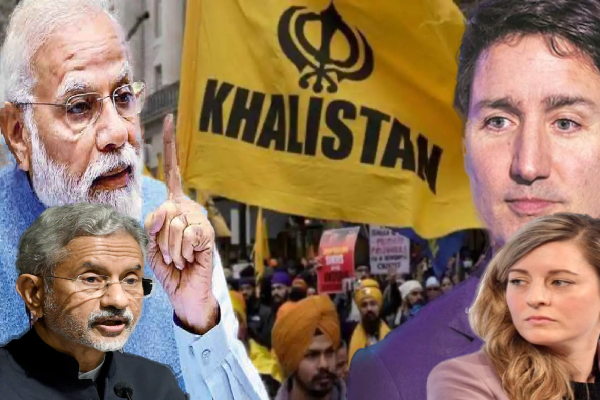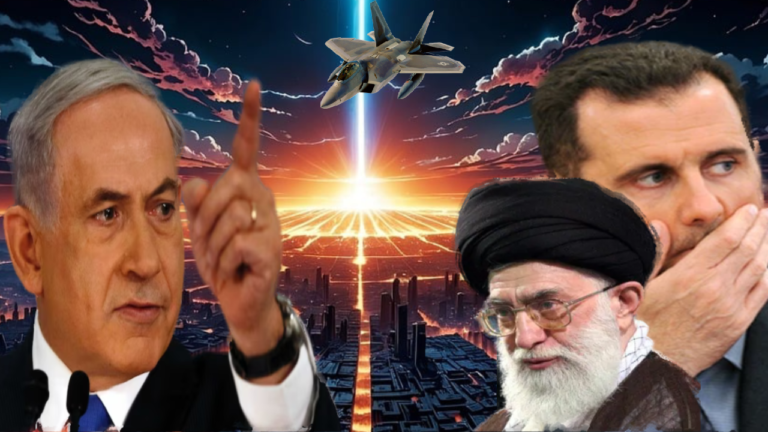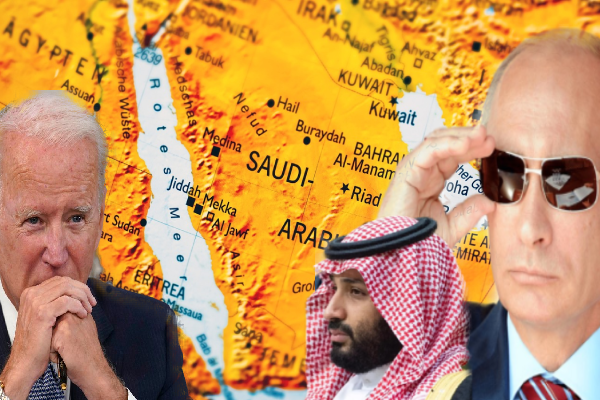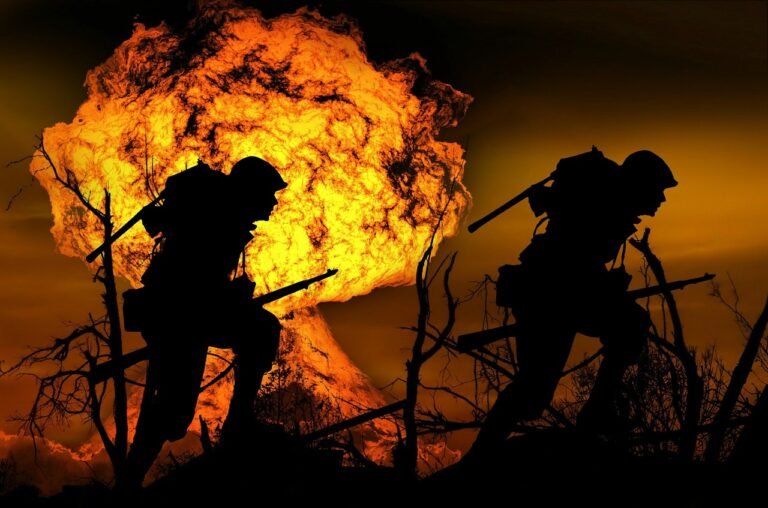India-Canada relations have faced challenges due to the Khalistan issue. In September 2023, Canadian Prime Minister Justin Trudeau accused India of involvement in the killing of a pro-Khalistan supporter, Hardeep Singh Nijjar. India promptly refuted these allegations and demanded evidence from the Canadian government, which has yet to be provided. The tension escalated to the point where India suspended visa services for Canadian citizens and requested a reduction in Canada’s diplomatic presence in India.
This blog will delve into the Khalistan movement, Canada’s role as a safe haven for pro-Khalistan supporters, and the alleged links between Pakistan’s intelligence agency, ISI, and the movement.
The Khalistan movement is a separatist movement aimed at establishing a homeland for Sikhs through the creation of an ethno-religious sovereign state called Khalistan. In 1969, after losing the Punjab elections, Indian politician Jagjit Singh Chauhan visited the UK to advocate for Khalistan.
On October 13, 1971, Jagjit Singh Chauhan was invited to the USA by Khalistan supporters. He published an advertisement in the New York Times declaring the intention for an independent Sikh state. Notably, 1971 coincided with the Indo-Pak war, during which India had forged a Friendship Treaty with the USSR, a staunch Cold War adversary of the USA. Consequently, to undermine India’s national security, some Western nations led by the USA and Pakistan provided sanctuary to Khalistan supporters. Funding from these countries exacerbated the separatist movement in Punjab, leading to violence throughout the 1970s and 80s.
In 1982, Khalistani militant Jarnail Singh Bhindranwale seized control of the Golden Temple, culminating in Operation Blue Star in 1984, where the Indian army reclaimed the Golden Temple and neutralized Bhindranwale. Subsequently, on October 31, 1984, Indira Gandhi was assassinated by her two personal bodyguards, Satwant Singh and Beant Singh, in retaliation for Operation Blue Star.
While the intensity of the Khalistan movement has diminished in India, some Western nations, including the USA, the UK, and Canada, have become safe havens for pro-Khalistan supporters. Canada, in particular, raises concerns for India due to its expedited visa processes for individuals from Punjab, even with fraudulent documentation. This underscores the presence of a Khalistan lobby in Canada, which aims to garner support by importing individuals with anti-India sentiments.
Recently, Minister of External Affairs S. Jaishankar criticized the Trudeau government for its inaction against pro-Khalistani elements threatening India’s national security and for attacks on Indian consulates in Canada. He attributed this leniency to vote bank politics, citing the Trudeau government’s reliance on the support of Jagmeet Singh’s National Democratic Party, known for advocating Khalistani interests.
Anti-India activities persist in Canada, exemplified by the Sikh for Justice pro-Khalistan group conducting a referendum on Khalistan without intervention from the Canadian government, despite Indian objections. This discrepancy highlights the hypocrisy of Western nations that tout democracy yet allow referendums advocating for the breakup of democratic nations.
On June 23, 1985, Air India Flight 182, operating on the Montreal-London-Delhi-Mumbai route, was bombed mid-air off the coast of Ireland, resulting in the deaths of all 329 passengers on board. The primary suspects in the bombing were members of Babbar Khalsa, a Sikh terrorist and Khalistani separatist group.
During the 39th anniversary of Operation Blue Star, a parade featuring a tableau depicting the assassination of Indira Gandhi with a poster reading “Revenge for the attack on Darbar Sahib” was organized. Similarly, in 2002, on the death anniversary of Indira Gandhi, Sanjh Savera, a newspaper in Canada supported by Khalistanis, ran a headline: “Honour the master who killed the sinner.” Canada’s failure to censor such language against a former Indian Prime Minister and its provision of government advertisements in the newspaper is notable.
Attacks on our embassies and consulates in the USA, the UK, and Canada have become commonplace occurrences orchestrated by Khalistani elements. Despite repeated condemnation by the Indian government, the Canadian government has adopted a lenient approach towards the attackers, prioritizing their electoral constituency over the safety of Indian diplomats. The removal of our National flag from our embassy in the UK by pro-Khalistani forces is a stark reminder of their brazen actions. One can only speculate on their reaction if similar incidents were to occur against their embassies in India.
Multiple security reports have corroborated the close collaboration between Pakistan’s Inter-Services Intelligence (ISI) and pro-Khalistan groups. The Hudson report, among others, validates the financial and logistical assistance provided by the ISI to pro-Khalistani entities. These funds are channelled to top Khalistani leaders to fuel internal disruptions in India. In July 2023, Punjab police apprehended five operatives of the Khalistan Liberation Force with ties to the ISI. These individuals were actively recruiting foot soldiers to sow discord and disrupt peace in Punjab.
In conclusion, the strained relationship between India and Canada, exacerbated by the Khalistan issue, reflects the harsh realities of international politics. Canada’s accommodation of pro-Khalistan elements, despite India’s grave concerns regarding national security, underscores the intricate dynamics of diplomacy amidst competing domestic interests and historical affiliations. Prime Minister Trudeau’s unsubstantiated accusations against India have only served to escalate tensions, while the involvement of Pakistan’s ISI introduces a complex geopolitical dimension. Canada’s endorsement of groups challenging India’s territorial integrity crosses a critical threshold, potentially jeopardizing bilateral relations. Addressing these tensions demands pragmatic dialogue and a delicate equilibrium of interests from both sides.
